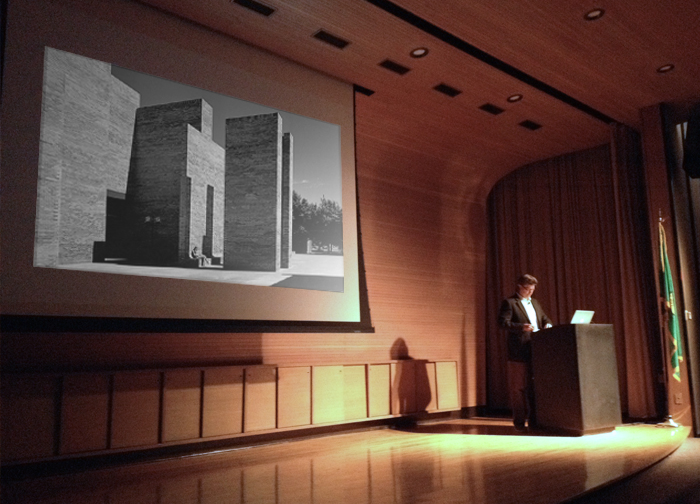I got the terrible news this morning that Jim Boyd died Tuesday.
I met Jim back in 2002 when I was writing a feature story about him and his music for the erstwhile Local Planet. We sat, he and I, for hours in my living room, talking about songwriting, politics, reservation life, and how the hell I was supposed to refer to him in the upcoming article.
“Sorry to ask this,” I said, deliberately avoiding eye contact, “but…am I supposed to call you an Indian or a Native American?”
Jim actually laughed at me. “I’ve been an Indian all my life,” he said. “That’s what we call ourselves on the rez. Then one day, this white college professor tells me I’m a Native American. Whatever, man. I’m still an Indian. Call me that.”
It was about that point that he looked out the window and noticed that my five-year-old son Jake was rummaging around in the back of his pickup truck. I called him in and asked what he was doing. Jake looked Jim up and down, taking in the long black hair, the leather vest, the beaded necklaces.
“I was trying to find his bow and arrow,” Jake answered.
“Oh, those?” Jim said, deadly serious as he crouched down to Jake’s level. “I left ’em at home. Maybe I’ll bring ’em next time.”
There wasn’t a next time, of course. Jim was a busy guy and I had a story to file. We stayed in touch for a few years after, but, as so often happens, the time between emails and phone calls kept growing until they stopped altogether.
As for the story, it ran on the cover of the June 7, 2002 issue of the Local Planet. It also won an award from the Inland Northwest Chapter of the Society of Professional Journalists—one of a couple I inexplicably received that year. And shortly after, I left journalism for, well…whatever it is I’m doing now.
Thanks for your friendship, Jim, brief though it was. You touched a lot of folks, and you’re gonna be missed by all of them.
posted by: Aaron Bragg | category: random thoughts the writing life | comments(1)








